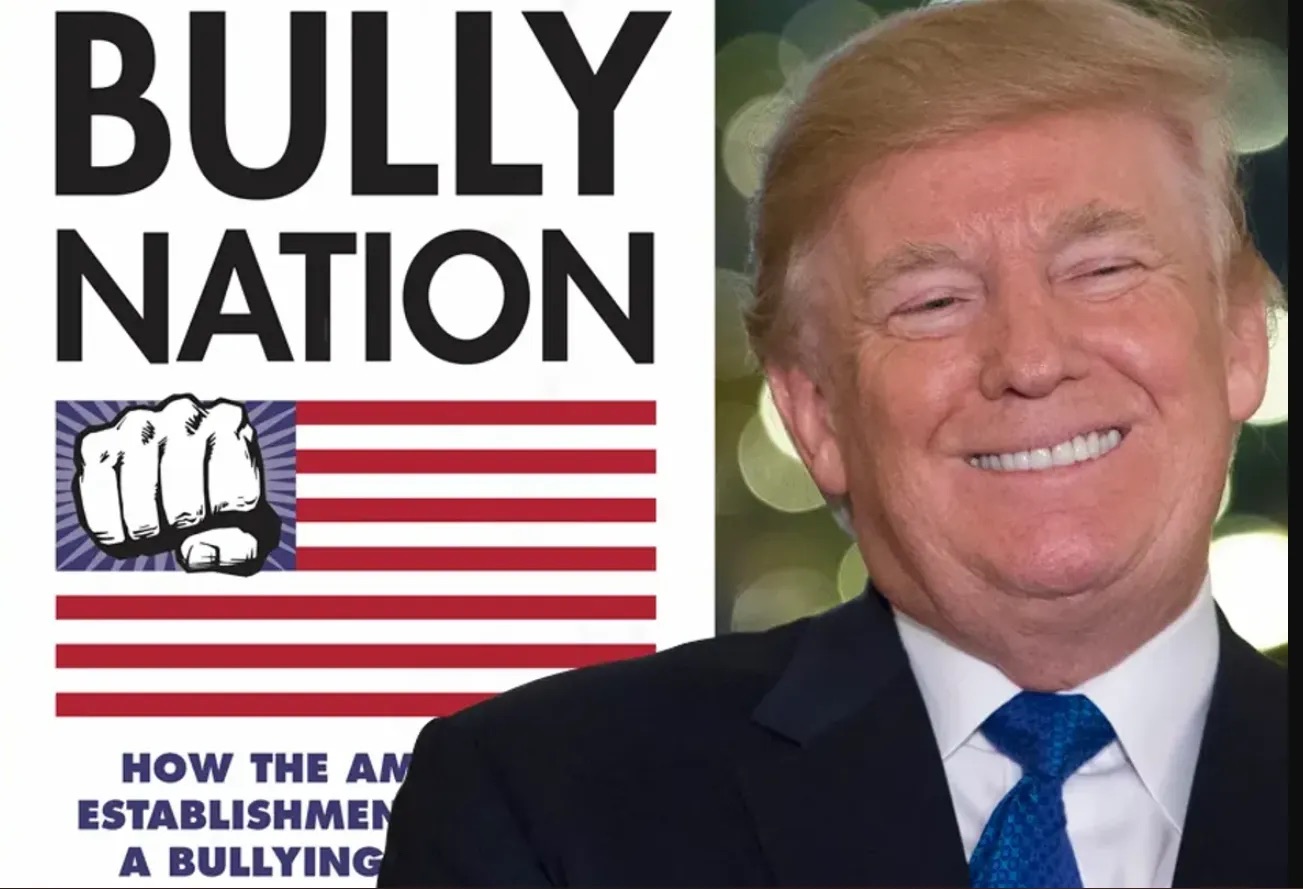In a speech at the Naval Academy, U.S. Vice President JD Vance declared the end of U.S. unipolar dominance and outlined a stark new military doctrine. Gone is the rhetoric of democracy and human rights; in its place, open preparations for war with China and a revival of U.S. imperial ambitions.
Contrary to claims by some Trump supporters that the administration is adopting a restrained, even isolationist, foreign policy, Vance’s remarks suggest the opposite. The speech made clear that the U.S. is preparing for future wars—not fewer of them—with a sharpened focus on near-peer adversaries such as China and Russia.
“We’re returning to a strategy grounded in realism,” Vance said. “When we send you to war, we do so with a clear set of goals. When we throw a punch, we throw it hard and decisively.”
Gone is the pretense of fighting for human rights or democracy. In its place, Vance and Trump are openly advocating for a reassertion of U.S. imperial power, stripped of idealistic justifications. Vance lamented that after the Cold War, the U.S. traded hard power for soft power, focusing on economic integration and outsourcing—especially with China—while neglecting the buildup of military capacity. This, he argued, was a historic error.
“Our government took its eye off the ball,” he said. “We devoted ourselves to sprawling, amorphous tasks like finding new terrorists to kill, while ignoring the rise of a peer adversary.”
Throughout the address, Vance singled out China repeatedly, calling it a “peer adversary” and the principal threat to U.S. global dominance. He criticized the assumption that economic integration would moderate China’s political system, calling for a decisive shift toward containment and confrontation.
Despite rhetoric suggesting a retreat from global policing, Trump’s actions tell another story. His administration is proposing a record-breaking $1 trillion defense budget—the largest in world history. This budget surge underscores a commitment not to downsizing American military reach, but expanding it.
JD Vance praised the Trump administration’s recent military action in Yemen, citing it as an example of “overwhelming force” and a warning to adversaries worldwide. “Our enemies now know: when we draw a red line, we enforce it—with superior force, superior weapons, and the best warfighters in the world.”
Trump’s foreign policy, in essence, is a revival of 19th-century-style imperialism—no longer cloaked in liberal ideals, but proudly assertive of U.S. dominance. The administration has floated ideas ranging from taking back the Panama Canal, to annexing Greenland, to pursuing “manifest destiny” into outer space. Trump has openly praised President William McKinley for significantly expanding U.S. territorial holdings—including Puerto Rico, Cuba, the Philippines, the Samoan Islands, and Hawaii—and has invoked this legacy in his executive orders.
Marco Rubio, now both Secretary of State and National Security Advisor—a role not held jointly since Henry Kissinger—echoes this worldview. He has called China the “most dangerous near-peer adversary this nation has ever confronted” and declared that the U.S.–China rivalry will define the 21st century.
Ultimately, JD Vance’s speech was not about retreating from the world. It was a bold proclamation of a new era: one where the U.S. embraces its imperial identity, drops the mask of humanitarian rhetoric, and prepares for great-power conflict—particularly with China.

